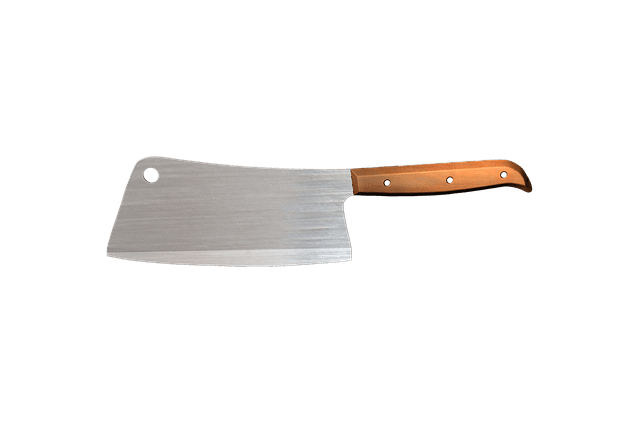
Tax liens in bankruptcy get different treatment in different chapters. But, unless you take action, tax liens emerge unaltered.
The individual’s personal liability for a debt may be eliminated by the bankruptcy discharge, the interest in the debtor’s property represented by the lien, remains enforceable after the case is over.
However the judge can make a specific order that eliminates or modifies the lien under some circumstances. Let’s see how.
What tax lien covers
If the tax underlying a lien is dischargeable, after the discharge, the taxing authority’s claim is limited to the property to which the lien has attached as of the commencement of the case.
A lien for a dischargeable tax, even if it attaches to some assets owned when the bankruptcy is filed, does not attach to assets acquired after the bankruptcy.
If the tax survives the bankruptcy, because it’s non dischargeable (like employment taxes) or priority (like recent income taxes), the lien survives. The lien will also attach to assets the debtor acquires after the bankruptcy.
Liens after bankruptcy
If the asset is one that loses value over time rather than gains value (such as household goods), discharged debtors sometimes just ignore the lien after discharge.
They expect the asset will, over time, become worthless and the taxing authorities are unlikely to enforce a lien on personal property. Some personal property is even exempt, under IRS statutes, and the IRS cannot levy on it.
Tax liens in Chapter 13
In Chapter 13, tax liens may be paid off through the plan. Remember that a lien is a secured claim only to the extent of the value of the property to which it attaches.
If the lien does not attach to any value (that is, the taxpayer does not have assets with equity for the lien to attach to), Chapter 13 may be used to eliminate the lien and force treatment of the tax claim according to its classification as either a priority or non priority claims.
(That is, if the lien doesn’t attach to any value, it is treated as an unsecured claim. That unsecured claim may be priority if it is recent or a trust fund tax, or unsecured and dischargeable, if it is not).
If the lien attaches to an appreciating asset, like a home, Chapter 13 can freeze the value of the lien at the values as of the filing of the bankruptcy.
Future appreciation, even during the Chapter 13 repayment plan, is free of the lien.
At the conclusion of the plan, the lien is paid and released.
